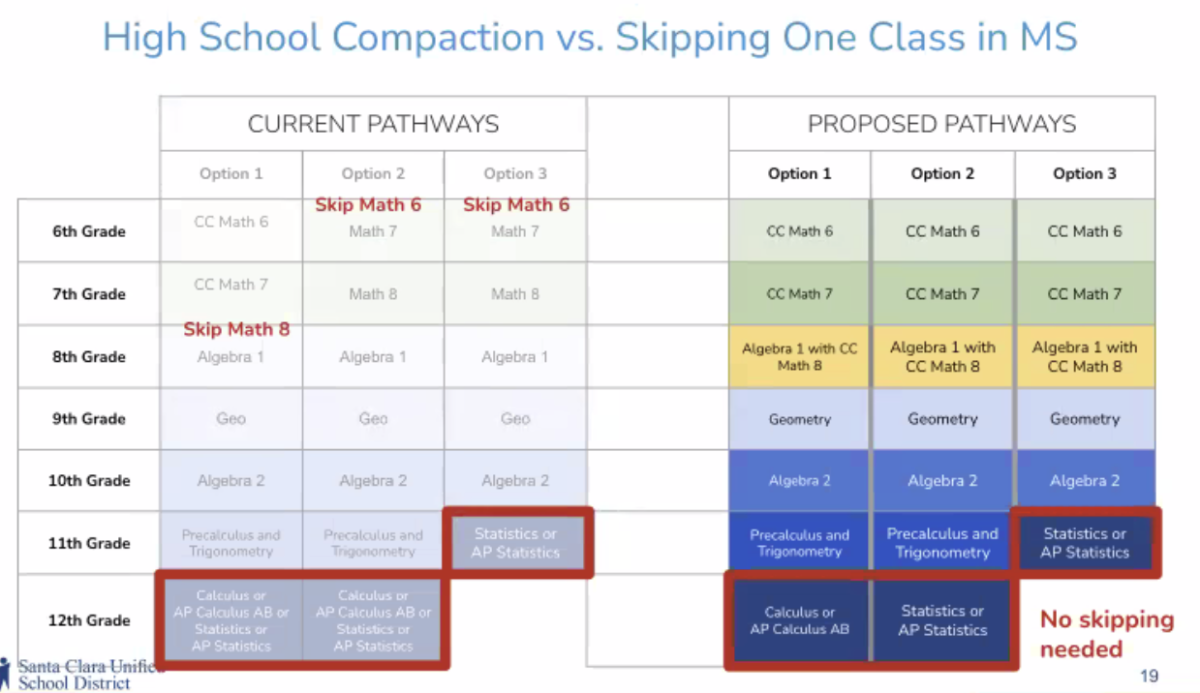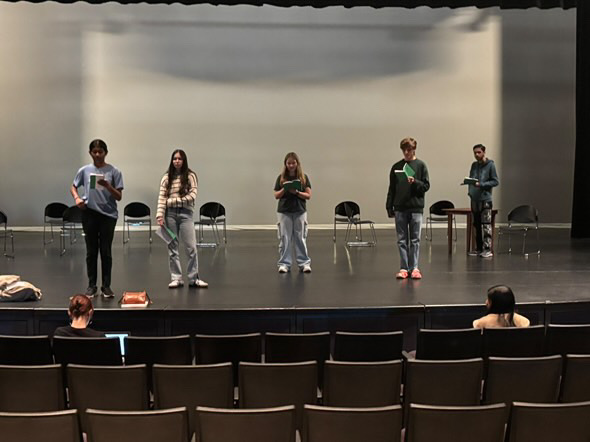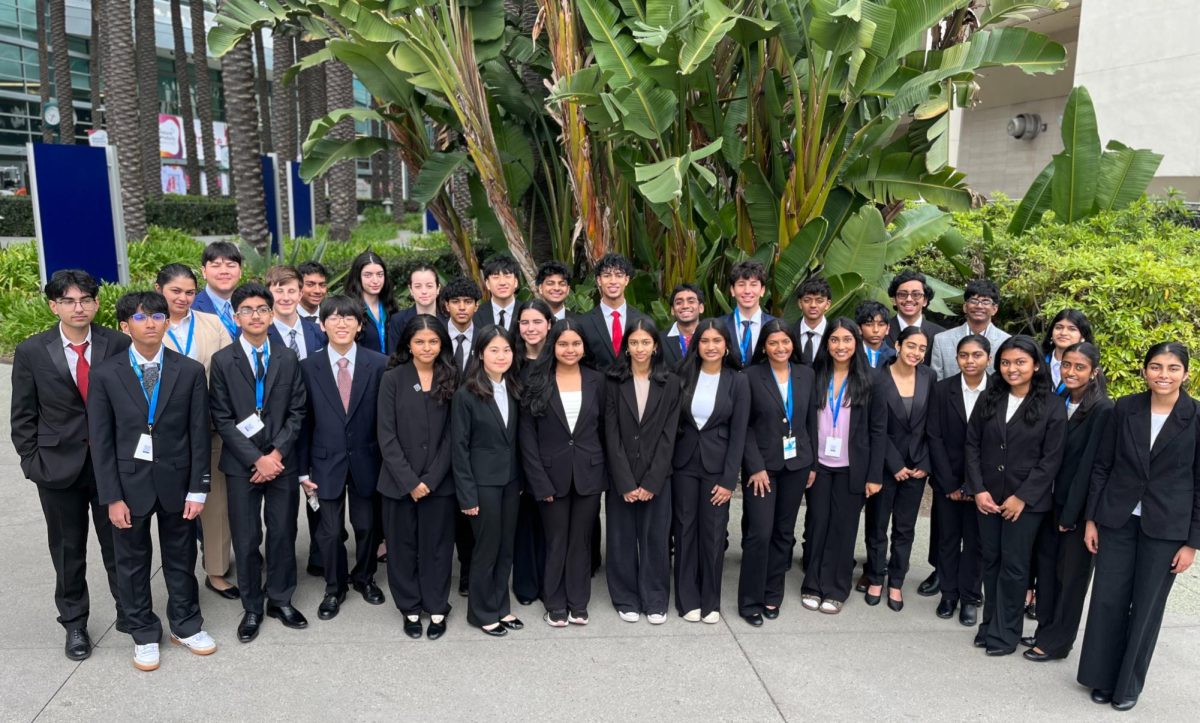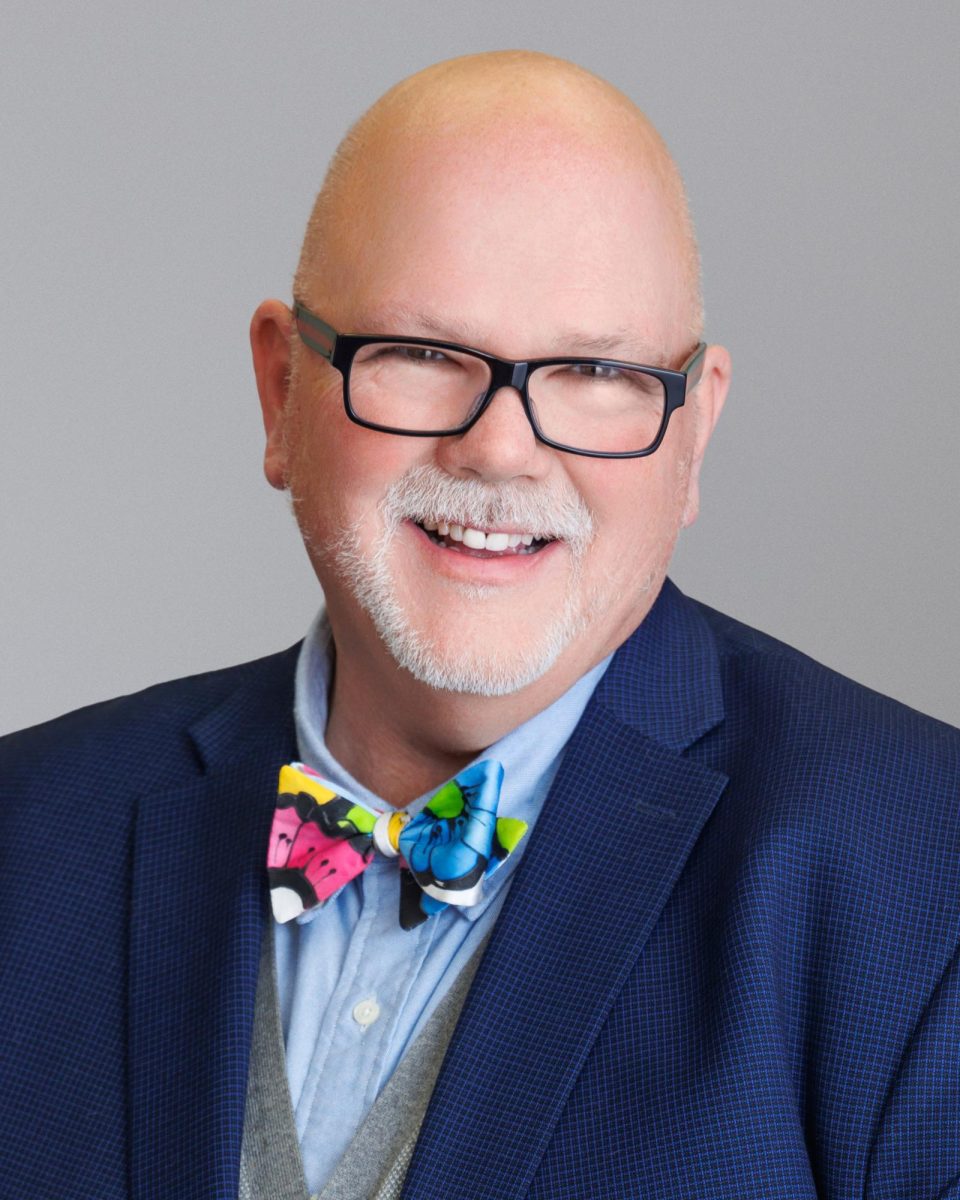Math placement exams have been a source of extreme stress for elementary school students ever since they were implemented—students have been found crying in hallways, begging to leave classes, and asking their teachers whether life would ever be the same. Of course, even if the last part is an exaggeration, school administrators have inevitably noticed the “rigged” nature of these placement exams and how certain students are given a clear advantage to be placed in the highest math level for the rest of grade school. After many years of deliberation, planning, and pitches, a group of administrators in Santa Clara School District were able to come up with a modified plan for the current math pathways in the district—but what does this mean for future students if the plan is set in action?
In the current math pathway system, students are permitted to take a placement test as they enter middle school to determine whether they can “skip” standard classes in middle school such as CC 6 and CC 8. They are then allowed to progress faster than other students, with the highest level being taking AP Calculus BC in one’s senior year.
Although this seems like the ideal path, students taking this leap often falter in the understanding of basic concepts. Rachel Fainstein, a Teacher on Special Assignment within SCUSD, expands on this point, stating that from “her experience being at classrooms, it is very obvious that there’s misunderstanding and gaps in advanced students.” Ms. Fainstein shared an experience she had with a Geometry class she visited. The teacher was reviewing radical fractions with her eighth grade students, despite the topic technically not being part of the curriculum. When she asked the teacher why she was reviewing the topic, the teacher blatantly responded that because the students had skipped a common core class, they weren’t able to grasp concepts such as radical fractions, leaving them unprepared for Geometry. Additionally, based on research collected from class demographics, Ms.Fainstein also adds that there is a major race disparity within these high-level classes, raising the question of whether under-resourced students are not given a fair opportunity to succeed under the old system. So if there are issues with students advancing their math skills and reaching their potential, then what could possibly be the solution?
In the new math pathway proposal, students will be required to take “CC 6” and “CC 7” as sixth and seventh graders in order to provide them with the fundamental math skills they need to do better in more advanced classes. If they seem to be doing well in these classes and aren’t facing any difficulties in class, they will be given the opportunity to take “CC 8” with the addition of Algebra 1, allowing them to take Geometry in freshman year if they choose to follow this path.
Although this may not seem revolutionary at surface level, the crucial change is that students will not need to take a placement test to be put in this advanced class. Instead, they will be allowed to reflect with themselves and a parent to see whether they think the class will be a good fit, or if they think they would learn better at a slower pace. Following the “advanced track,” students will be able to take Algebra 2/Trig sophomore year, AP Calculus AB junior year, and AP Calculus BC senior year, putting them in the same position they would have been if they had followed the old pathway system by junior year. Another key change in this plan is the modification of the Precalculus/Trigonometry and Algebra 2 classes SCUSD already offers; instead of offering both as separate, chronological courses, students can combine the classes and learn more efficiently during the school year.
Students who prefer a different pace can take Geometry freshman year, Algebra 1 sophomore year, Alg 2/Trig junior year, and Calculus/AP Calculus during senior year, and make modifications as they see fit. The key change in this pathway is that instead of taking Algebra 1 and then Geometry, students can progress directly from Algebra 1 to Algebra 2, providing a seamless, less confusing transition.
Wilcox High School’s Principal Kristin Gonzalez, who has been involved with the pathway approval process, states that the rearrangement of the pathways has been organized in a way that “makes more sense for math.” She has already been to multiple board meetings and discussions with concerned parents about the possible consequences of change and is looking forward to the positive changes the new pathway will bring.
The pathway will be presented once again at a SCUSD Board Meeting in November, and will likely be implemented in the 2024-2025 school year. Teachers, administrators, parents, and students alike are interested in seeing whether the new courses will improve students’ learning abilities, and create a positive change in their attitudes.







